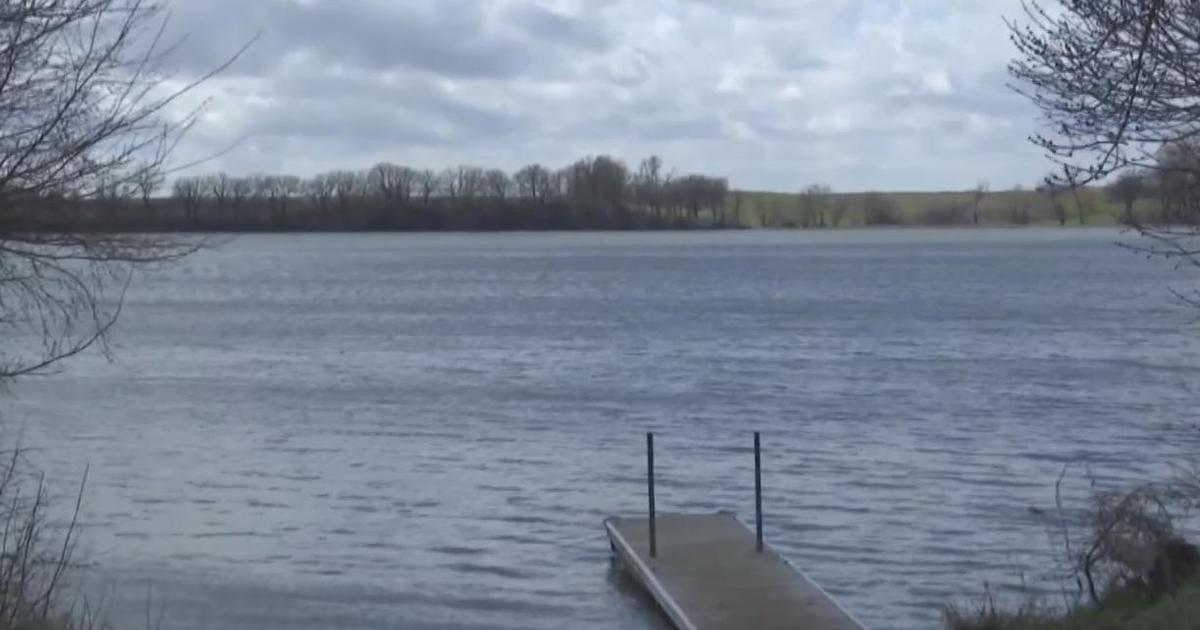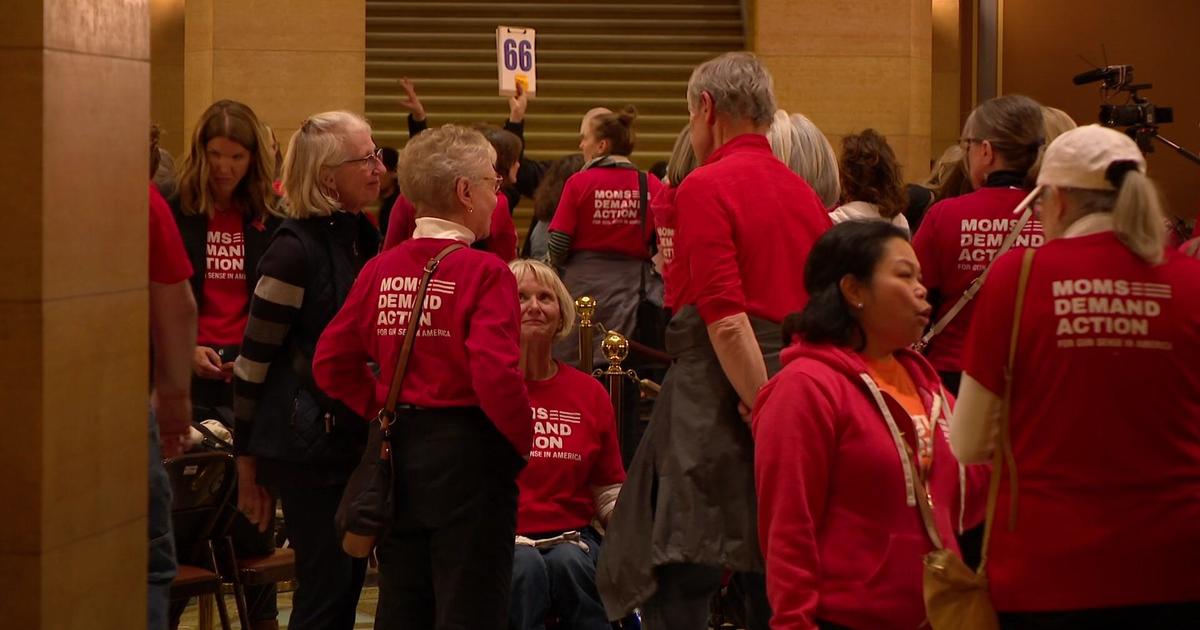Debate Over Access To Body Camera Footage Arrives At Capitol
ST. PAUL, Minn. (AP) — Minnesota lawmakers waded Thursday into a thorny debate over access to footage caught on police body cameras, which aim to increase trust but have raised privacy concerns.
A police-backed proposal to put strict limits on who sees body camera videos was introduced in the House. A Senate version isn't far behind, but even those most involved in the debate warn it's a complex issue that may need more than one legislative session to solve.
Lawmakers are racing to catch state data laws up with the spread of cameras, which are affixed to an officer's uniform to capture encounters with the public. They're in use in Burnsville, Brooklyn Park, Duluth and some other places. Minneapolis is undergoing a pilot project that may be expanded department-wide. State data law now presumes most or all of that footage is public.
"There are some competing interests here. To the extent it's public, there's a certain amount of accountability," said Senate Judiciary Committee Chairman Ron Latz. "But to the extent it's public, it also could represent a significant public airing of private matters."
Latz, DFL-St. Louis Park, said he's inclined to support efforts to restrict access to people who need footage for a particular case or investigation.
That's along the lines of the House approach, which would wall off data during active investigations. Subjects of the videos could have access after the investigation is complete. Officers could get footage from their cameras in cases of complaints or disciplinary action.
General access to the footage wouldn't be allowed. Data not part of an active investigation would be destroyed within 90 days. Departments would need to adopt clear camera-use protocols before implementing them.
Cornish said the bill gives departments more control over data, particularly video that is salacious or otherwise intrusive.
"You could have a half-naked housewife who has been beat up with a bloody face, half-naked kids running around. You could have a gun collection," Cornish said. "Those things need to remain private."
Cornish said it's possible that lawmakers will do something temporary this year and appoint a task force to make recommendations to consider next year.
Kandace Montgomery, an organizer with the Black Lives Matter Minneapolis group, said the proposal turns too much power over to police and defeats one of the purposes of the cameras.
"If the police are the only ones who have access to that information they can use it or tweak it to their benefit however they'd like," she said. "The community needs access. It needs input. It needs transparency."
Charles Samuelson, executive director of the American Civil Liberties Union of Minnesota, said lawmakers need to make room for the public to petition for the data, perhaps in court.
"Making it reflexively private goes too far," he said.
The Minnesota Chiefs of Police Association supports the House bill. Executive Director Andy Skoogman said the chiefs worry about infringing on privacy and discouraging crime victims from calling police out of fear footage could be widely viewed. He said tighter controls would also ease concerns about the expense departments might see in fulfilling public data requests.
(© Copyright 2015 The Associated Press. All Rights Reserved. This material may not be published, broadcast, rewritten or redistributed.)



